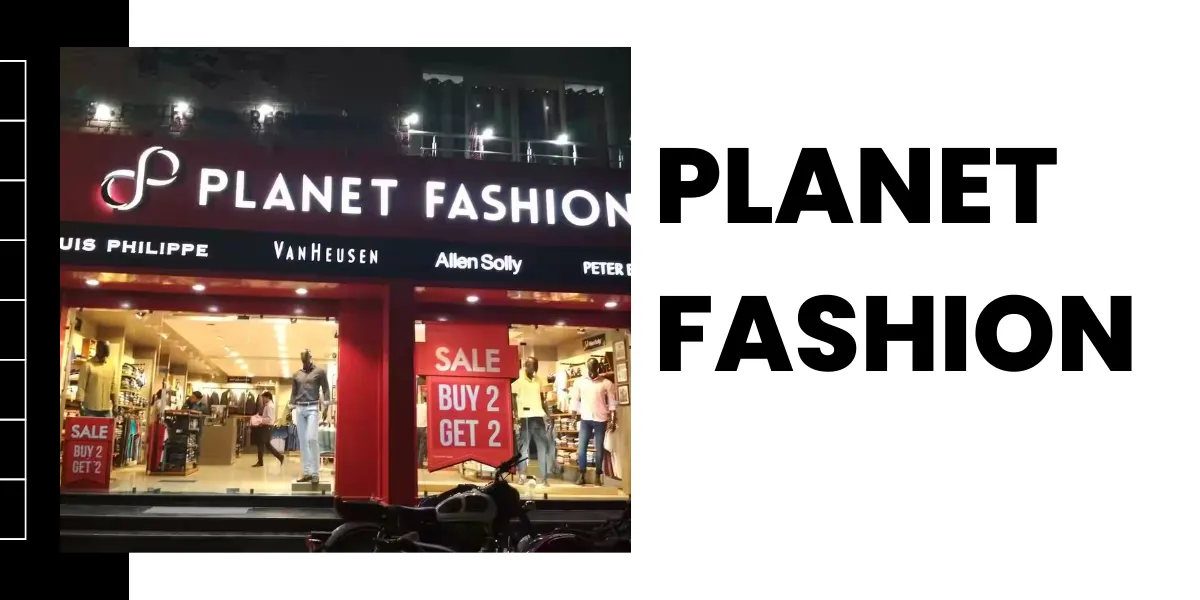Planet Fashion: Embracing Sustainability and Style
In a world where fashion trends change rapidly and consumerism prevails, it is crucial to consider the impact of our clothing choices on the environment. Enter “Planet Fashion,” a concept that combines style and sustainability to create a more conscious and responsible approach to dressing. In this article, we will explore the key elements of Planet Fashion and how it is shaping the future of the fashion industry.
- The Rise of Conscious Consumerism
Heading into the future, consumers are becoming more aware of the environmental and social implications of their fashion choices. Conscious consumerism is gaining momentum as people seek out brands that align with their values. Planet Fashion encourages individuals to make mindful decisions, opting for clothing made from sustainable materials, produced under fair labor conditions, and with minimal ecological impact.
- Sustainable Materials and Design
Planet Fashion emphasizes the use of sustainable materials throughout the fashion supply chain. From organic cotton and hemp to recycled polyester and innovative fabrics made from plant-based sources, designers are exploring new possibilities to reduce the industry’s reliance on non-renewable resources. Additionally, sustainable design practices, such as zero-waste patterns and upcycling, contribute to minimizing waste and extending the lifespan of garments.
- Ethical and Transparent Production
One of the pillars of Planet Fashion is ensuring ethical and transparent production processes. Brands are embracing fair trade practices, ensuring that garment workers are paid fair wages and provided safe working conditions. Transparency in the supply chain allows consumers to trace the journey of their clothes, promoting accountability and preventing exploitative practices.

- Circular Fashion: Redefining Waste
Planet Fashion embraces the concept of circular fashion, a system that aims to eliminate waste and reduce the industry’s environmental footprint. It involves strategies such as garment recycling, rental services, and clothing swaps, which extend the lifespan of clothing items and minimize the need for new production. By closing the loop, circular fashion supports a more sustainable and resource-efficient fashion industry.
- Slow Fashion: Quality over Quantity
In contrast to fast fashion’s rapid production and disposal of garments, Planet Fashion promotes the idea of slow fashion. Slow fashion encourages consumers to invest in high-quality, timeless pieces that are made to last. By shifting away from the “buy and discard” mentality, individuals can reduce waste and create a more sustainable wardrobe that transcends seasonal trends.
- Education and Awareness
Education and awareness play a vital role in driving the Planet Fashion movement forward. Fashion schools, organizations, and influencers are advocating for sustainable practices, raising awareness about the environmental and social impact of the industry, and inspiring future designers to incorporate sustainable principles into their work. Consumer education programs also empower individuals to make informed choices and become conscious advocates for change.
Planet Fashion represents a paradigm shift in the fashion industry, blending style and sustainability to create a more responsible and ethical approach to clothing. By embracing sustainable materials, ethical production practices, circular fashion, and slow fashion principles, we can collectively reduce our impact on the planet while still expressing our unique style. The future of fashion lies in our ability to make thoughtful choices that benefit both the environment and the people behind the clothes we wear. Let’s join hands and shape a brighter and more sustainable future through Planet Fashion.



